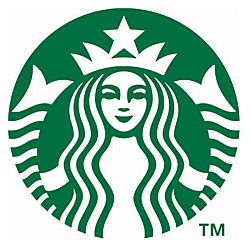


Starbucks Baristas Served Lukewarm Talking Points for Dealing with Caffeinated Political Issue
[By Howard Fencl, Hennes Communications]
Imagine you’re waiting in line at your regular Starbucks. By now, you know the baristas by name, they know yours, and you regularly chat them up. Today there’s a loudmouth jerk in front of you giving your favorite barista a hard time about the presidential aspirations of former Starbucks CEO/Chairman Howard Schultz. In a rote drone, this is what you hear coming out of your barista’s mouth:
“We respect everyone’s opinion. Our goal is simply to create a warm and welcoming space where we can all gather, as a community, over great coffee.”
There’s a public relations agency out there trying to do the right thing for Starbucks in providing prophylactic talking points for rank-and-file counter workers – customers will be opining about Schultz. I applaud the company for its decision to prep employees. But this initiative has strategic holes:
- First, it does not appear anyone reached out to store managers to get them on board. The communication instructions and talking points were blasted out across Starbucks in its weekly “Barista Need-To-Know” update. There are already reports of managers countermanding the initiatives, telling employees not to say anything about Schultz to customers, despite the instructions from corporate.
- Second, come on! The language in the talking point above is stilted, awkward and just plain clumsy. Who talks like this? Talking points should sound like conversation, not like the voice of Alexa. How about “I respect your opinion, but I’m not here to talk politics. I’m here to serve you a great cup of coffee so you can sit down and have this discussion with your friends over your favorite drink.”
- Finally, some employees were just plain miffed over the initiative because they feel “Howard talked politics while he was at Starbucks. So why can’t I?” Again, initially reaching out to employees in a more personal manner than the weekly newsletter would’ve gone a long way to explain the communication strategy and expectations, and to explain why sticking to talking points is important in telling a consistent story across the company.
George Bernard Shaw once said, “The single biggest problem in communication is the illusion that it has taken place.” That aphorism may be the operative force here. Howard Schultz hasn’t declared yet. There’s still time for Starbucks and its agency to work the kinks out of their communications approach in the event Schultz goes for the brass ring.